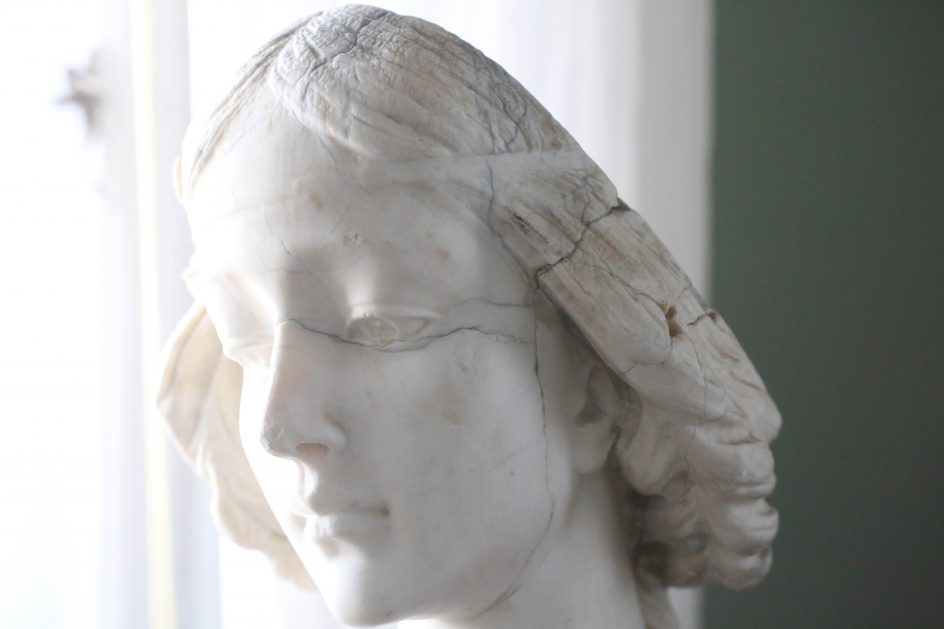
Generally, the great thinkers of the world care little for superstition.
The late writer Christopher Hitchens said one of the things he most disliked in the world was stupidity, especially in its nastiest forms of racism and superstition. The philosopher Bertrand Russell wrote that fear is the main source of superstition, and one of the main sources of cruelty. To conquer fear and superstition is, he said, the beginning of wisdom.
Like many people who work on blind faith in their creative skills to survive, I sometimes turn to superstition. My muse sits on my desk several feet from where I type, and when I begin any new work, or even start any new writing day, I put two fingers to my lips and then touch them to her forehead.
I ask her blessing on my work, and I ask her to permit me to survive for yet another book, another year as a writer. I ask her to guide my photographs and also my fingers as they touch shutters and fly across the keyboard. In my more than three decades as a writer she has guided, comforted and inspired me, and I cannot help but think she has helped me to get this far.
This is a superstition something helpful to people whose fates are often in the hands of others. Every time I think I am finished, I turn to her, and she gives me a soft smile of encouragement, and I survive and move forward. Of course, I don’t really know if she is so powerful, and how can I ever know?
Believing in her has grounded and comforted for me, and this, of course, is why our frightened species has always been superstitious. I agree that fear is often the cause of cruelty, anger and bigotry. And I see that my fear is connection to my muse, as she is also the product of fear. Being a writer, or any creative person, is lonely, sometimes frightening work
When I look at my muse, I see grace and patience and affection. A shrink might suggest this is a projection of what a I need.
I think of another muse, Henry David Thoreau, who write about encountering a minister on the Sabbath who loudly reproached because he was out walking instead of praying.
“He really thought a God was on the watch to trip us those men who followed any secular work on this day, and did not see that it was the evil conscience of the workers that did it.”
This country, wrote Thoreau,”is full of this superstition…There are few things more disheartening and disgusting than when you are walking the streets of a strange village on the Sabbath, to hear a preacher shouting like a boatswain in a gale of wind, and thus harshly profaning the quiet atmosphere of the day.”
It is true that religion is a superstition in its own right, and that superstition is sometimes a cousin to fear and hatred. My muse is different. She is a philosopher, not a preacher.
I thought of my muse when I read this, and imagined her smile to deepen just a bit, her face soften. My muse never shouts like a boatswain, or scolds me for my errant ways. She holds the key to my imagination, and when asked politely, she gives me the key for a while.
I have gotten this far, and that is a superstition in itself. But I don’t dare to shed it.
